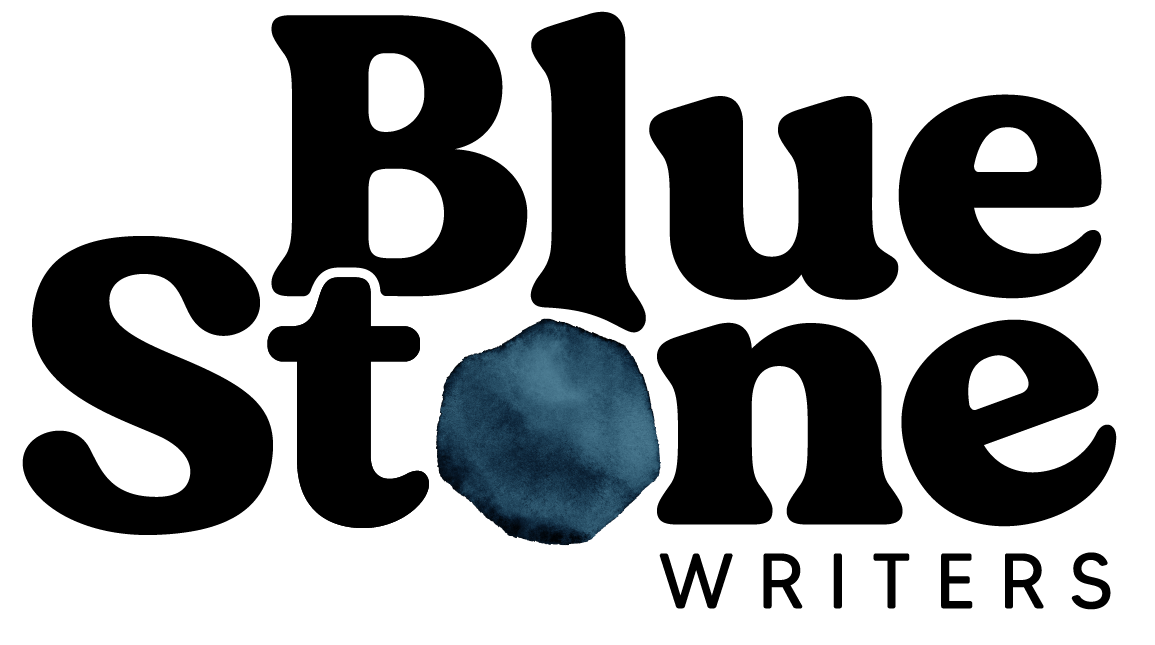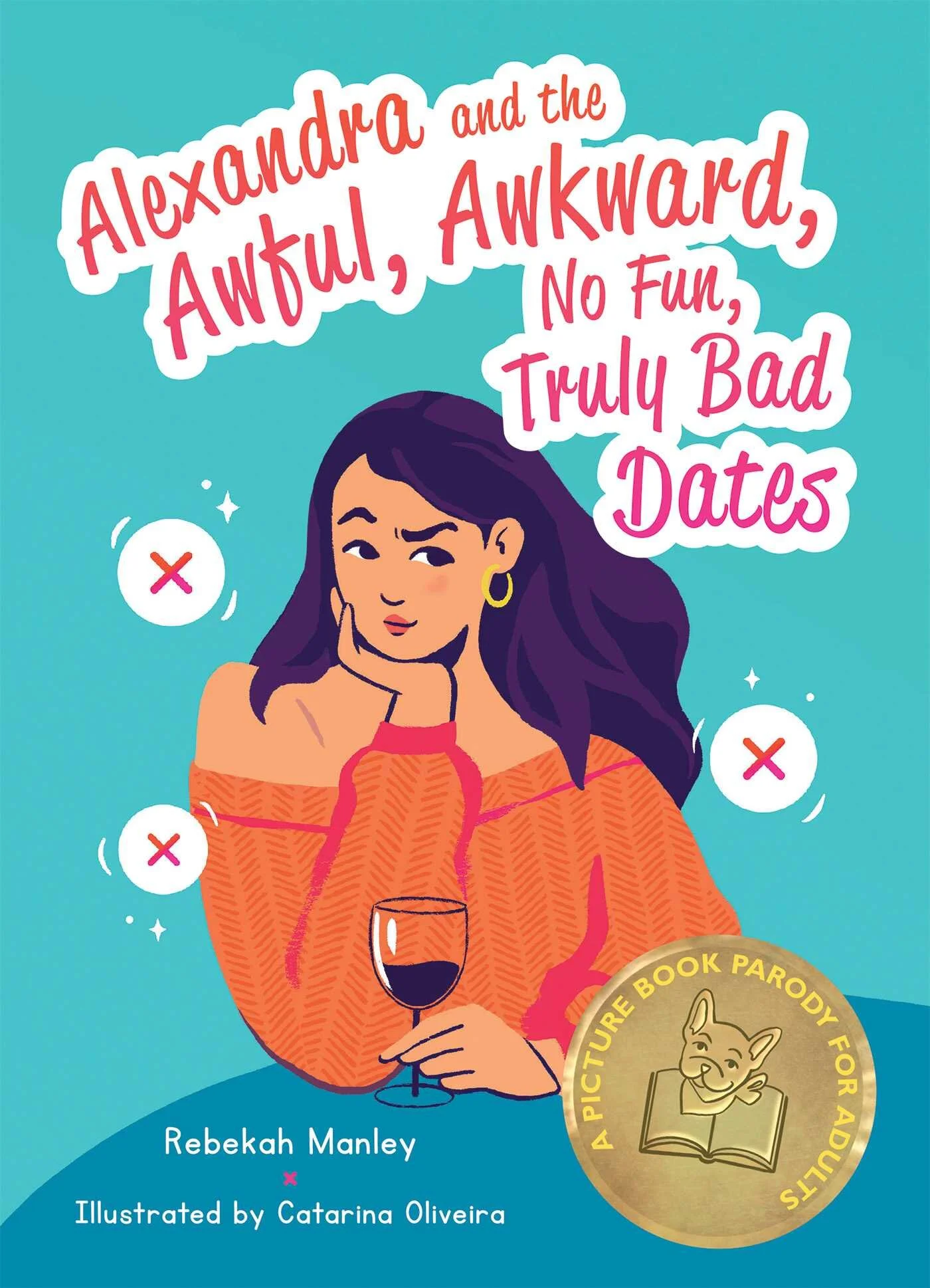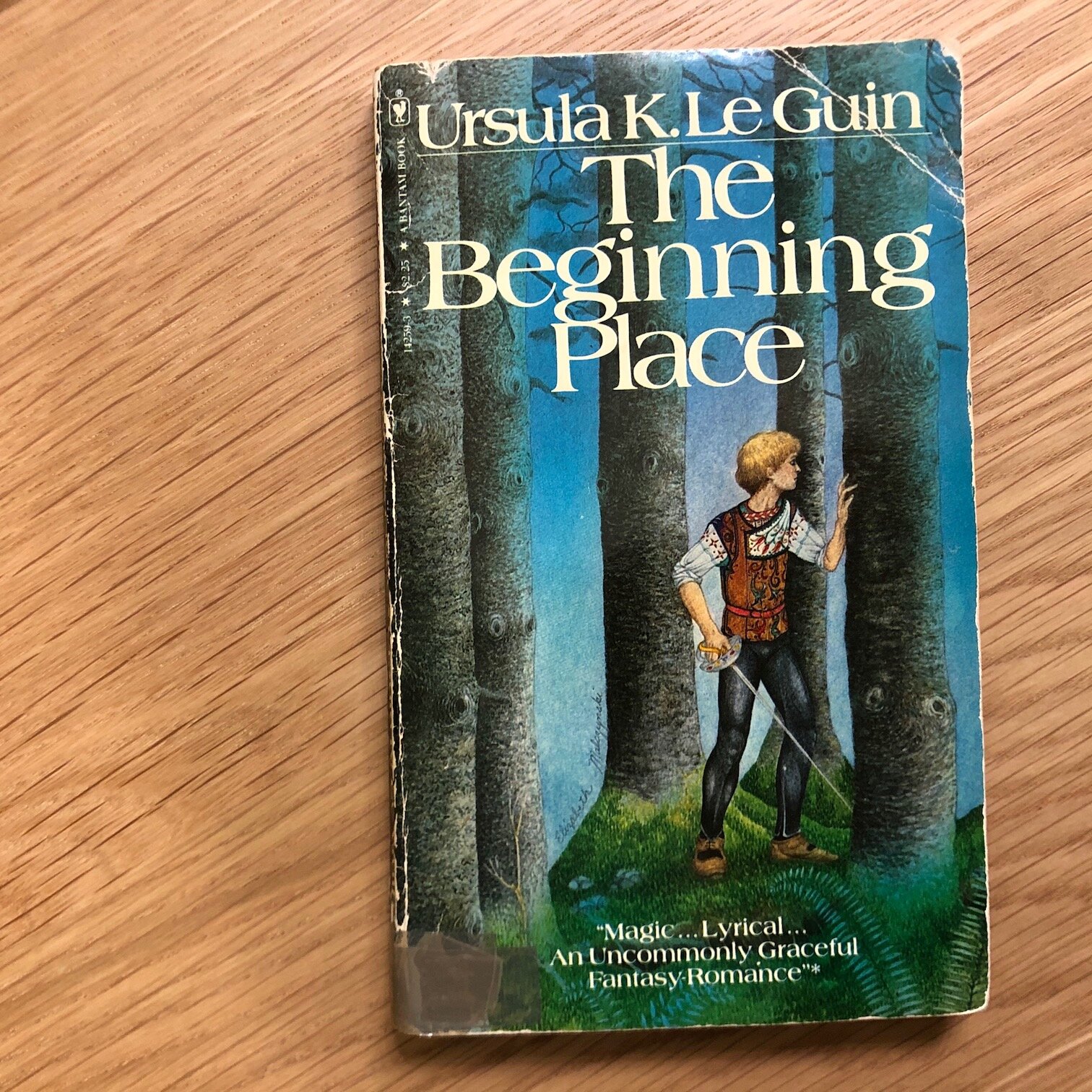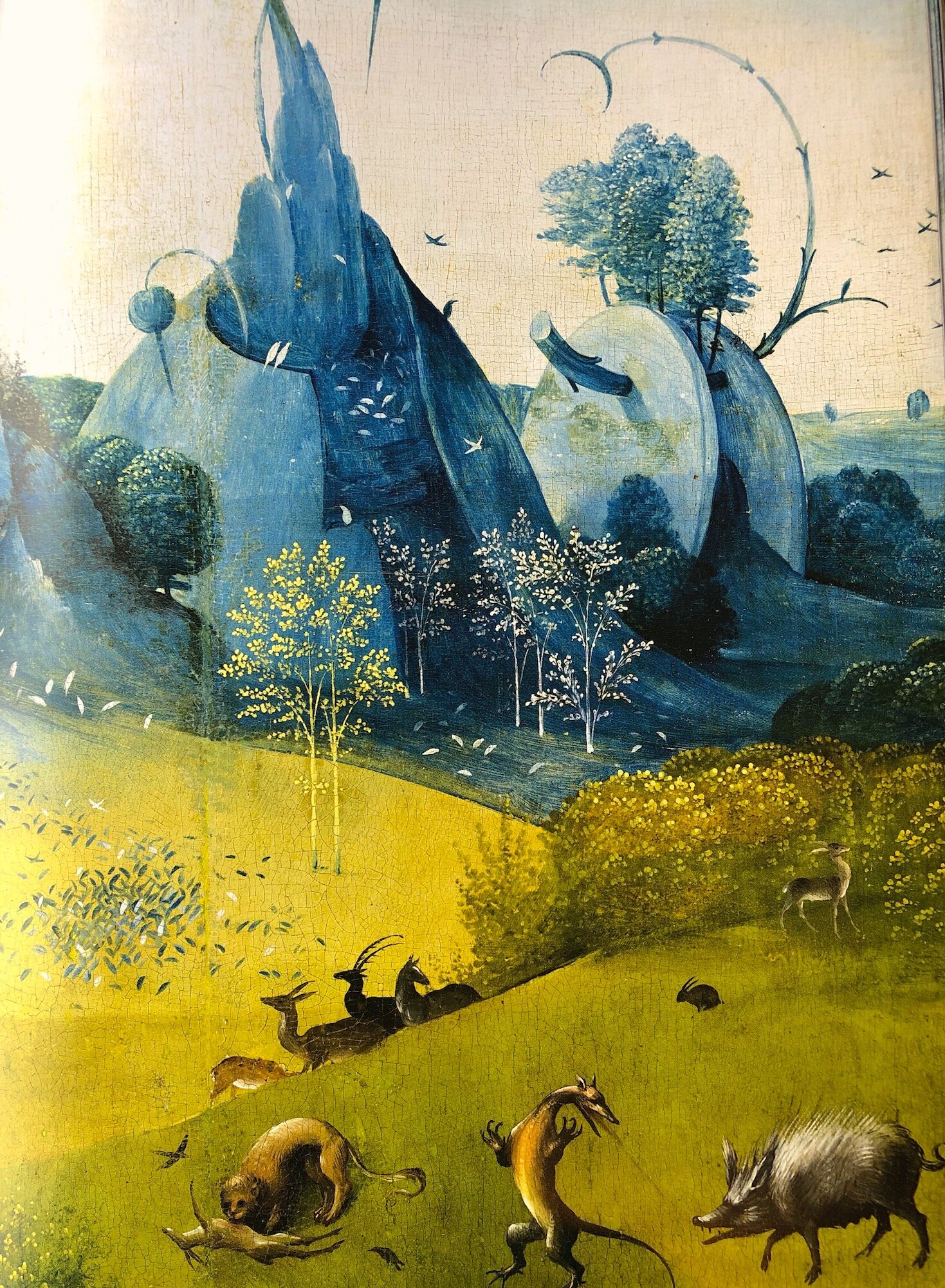ICYMI! I collaborated with my friend and author Rebekah Manley on a fun Write NOW session. We took inspiration from her new book Alexandra and the Awful, Awkward, No Fun, Truly Bad Dates to write on self-empowerment, both for ourselves and our characters. It was so much fun, we'd like to share it again (in recorded form). Catch up with our convo plus all the writing activities.
Let the Character Pause and Breathe In Deep
Let the character pause and ponder, as you pause and ponder.
In my latest Fool & the Page interview, I had the privilege of speaking with Trista Edwards of Marvel + Moon. We talked about her brand new book of poetry SPECTRAL EVIDENCE, the importance of ritual baths for water signs—and every sign, I guess—the concept of hearth craft, anxiety about beginning and completing projects, creating magic in a chaotic home, new scents that will transport you to a witch’s autumn kitchen, and how to shift your physical space into a creative sanctum by striking a match and lighting a candle.
Trista’s life and work are both so passionately and beautifully about celebrating the things we love—material things we love, natural things we love—and yet we both came round to this idea (through pulling Eight of Swords), that it’s necessary sometimes to shove these things aside. You have to clear yourself a space to create, and make room for your ideas, and find balance. And that is a choice.
It means defining your boundaries, owning your own story, and making your own light.
So here are the prompts we came up with to reflect both Trista’s power with creating magical scents as well as the need to pause and ponder.
FIRST, do a sensory check of your space. Pay attention to your immediate surroundings. What is there to smell, touch, feel, taste, and hear? Pay attention to the smell and the feel of the air around you. Look for objects with texture. Imagine how it might feel to pick them up, and jot down your first thoughts. Write for four minutes.
SECOND, post a wild and wonderful question to your character. This can be someone you’ve just dreamed up, or someone in-progress. What does the moon smell like? Have your character respond in their voice, writing for six minutes.
NOW, give your character the moment to ponder something strange (in addition to the smell of the moon, yes). This moment does not have to move the plot forward. It does not have to include an encounter of any kind. It is simply a time to let your character pause and consider something. To daydream. Write for seven minutes.
Lastly, respond to the question: What is controlling your character and what do they need to let go in order to move forward? As always, this question can be used for self-reflection. You can insert yourself into the space of the character and use this time to consider the things that may be holding you back. Write for eight minutes.
How did it go? Did you dig it? Subscribe to The Fool & the Page for more guided writing and cosmic conversation.
ICYMI: Write This—Images + Prompt
Write this. Take eight minutes to write what you see. Simple as that. Double the time if you like.
Images are great story-starters, but sometimes it’s hard to get as excited about a photograph you find for yourself, or one you know really well. When it’s expected or familiar, it loses some of that luster for the writing prompt.
One of the ways you can harness the possibility of potential luster/fun/intrigue/wonder in photographs-for-writing is to simply swap images with friends. Agree on a date/time to email your writing partner with an image for writing.
The surprise factor can make all the difference.
So here’s an image for every day of the coming week.
(Or one image for every couple days, or once a week—whatever you have time for).
These are images I posted on Instagram a couple weeks ago in anticipation of an image-rich Write NOW session. It was fun to collect .
For each image, open it up and study it for a couple minutes. Then write what you see and feel in this image.
Let this image guide you in the writing for eight minutes. You may come up with a character who isn’t pictured; you may focus on the place itself.
If you have more time than eight minutes, great. Double it. Triple it.
Schedule an image per day to make the most of your daily writing time (ten minutes, twenty minutes, whatever).
Tell me about it on Twitter or Instagram. I’d love to hear how it goes!
BONUS
Keep it going! Agree to swap images with a friend once a week to fuel your writing time.
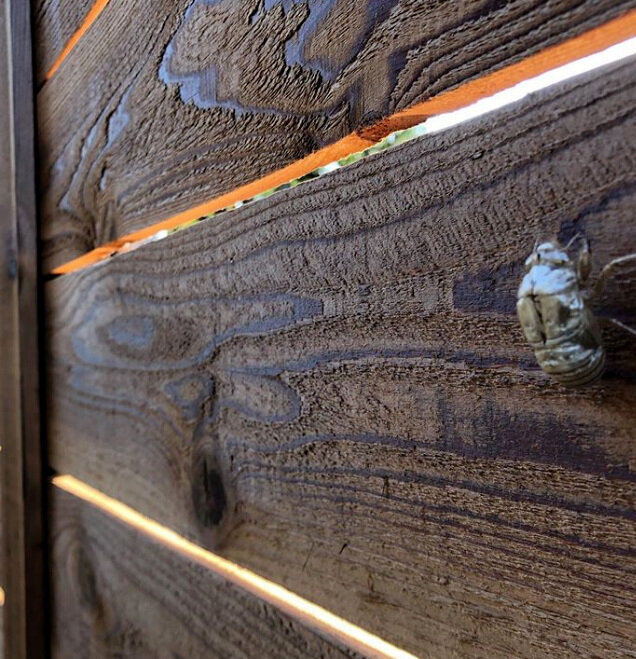
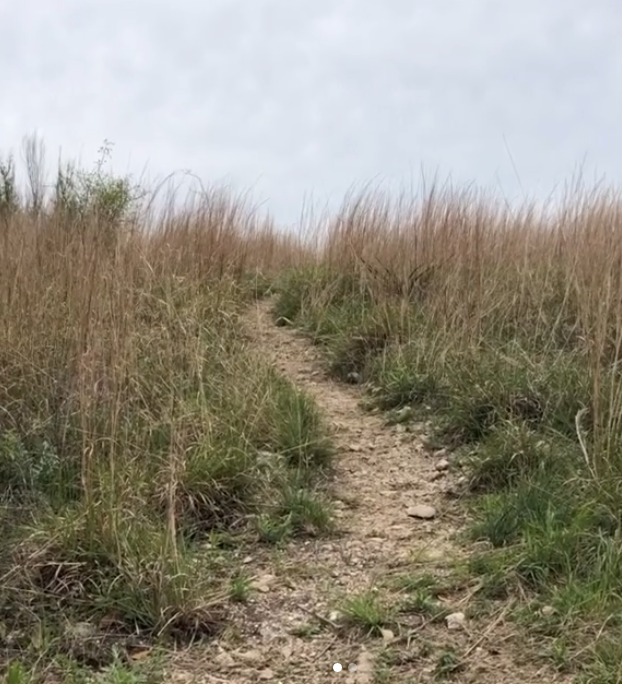
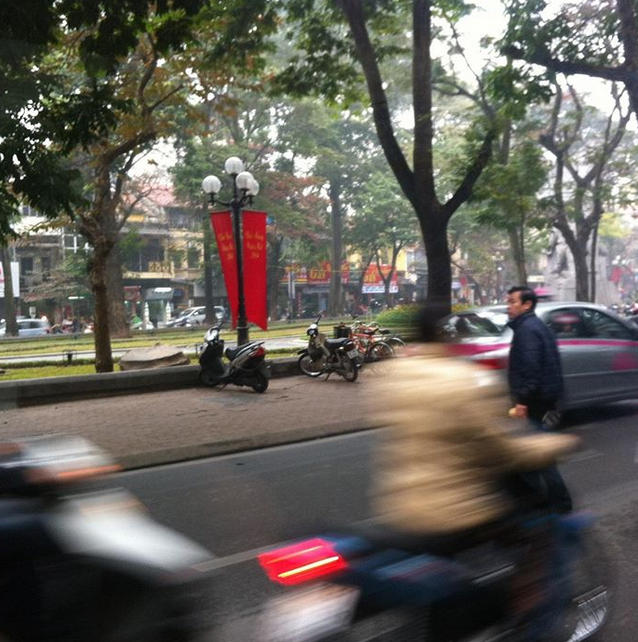
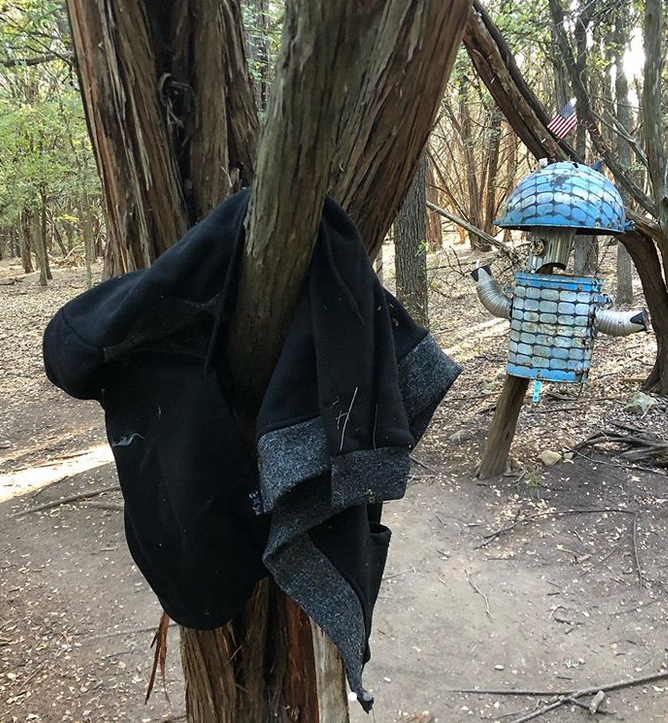

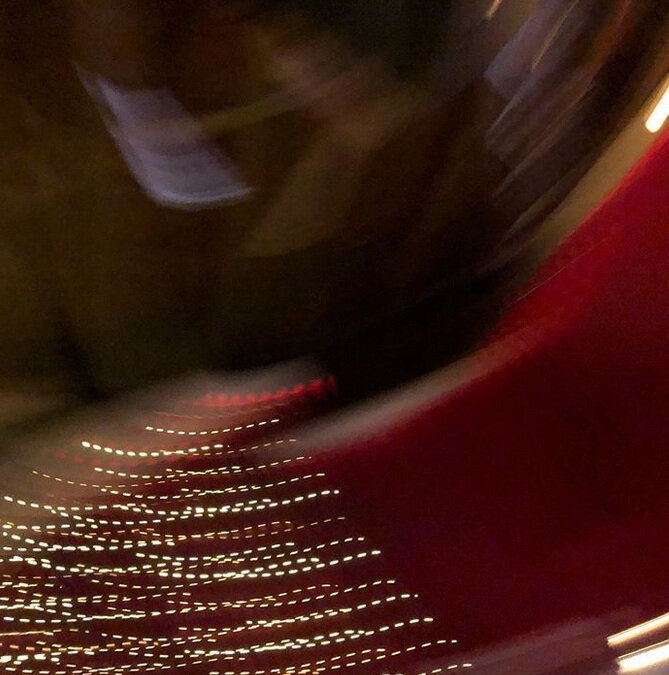
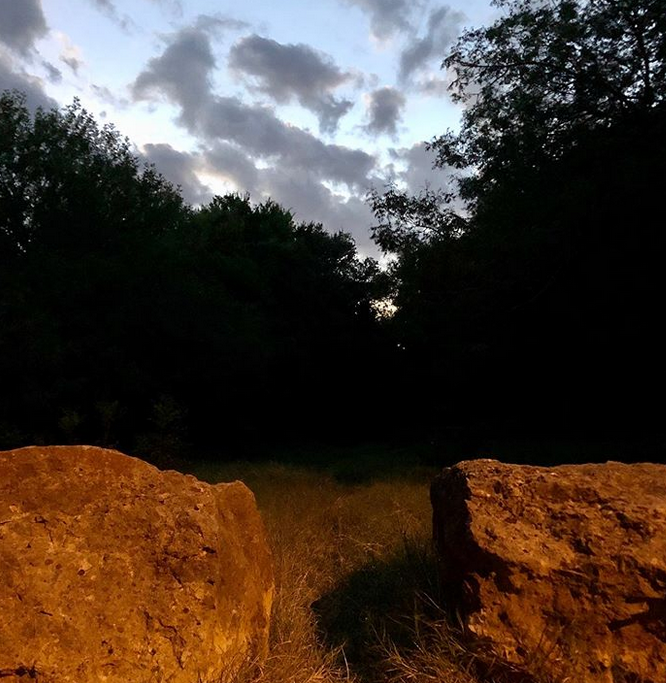
New Old Words
I’d been looking for this book for ages. In our move this spring, it got nestled into a box of breakables and left in the garage until my husband cleared out the last of the packing supplies. The Beginning Place is one of my favorite novels, if not my most favorite novel. Doesn’t the cover look so unapologetically FANTASY it breaks your heart?
A while ago—in 2009—I got to hear Ursula K. Le Guin speak at the 92nd Street Y in conversation with Alan Lightman. They talked about how dreams shift and change depending on your writing process; they talked about blurring the genre lines, and how genres are basically useless outside industry speak. I stood in a long line to get my book signed. UKLG was chatty and kind to everyone, but when she mentioned how “well-loved” my book looked, I just blushed and laughed nervously and muttered something that might have been “thanks,” but I’m not sure. Oh, well. My failure to charm her at a 30-second signing doesn’t impact my love of her work and her incredible writer brain.
I’ve shared the last line of this novel with lots of folks, so bless you, dear hearts, if you’ve heard it before. Here it is again. I love it so.
There is more than one road to the city.
Now that’s a good last line.
I’m thinking for this writing prompt, let’s celebrate our favorite lines in literature, even if we haven’t seen them in a while.
Find your favorite book (don’t worry; the others won’t get jealous!). It doesn’t have to be your favorite one for all time, but pick a favorite for now. See the BONUS section post-prompt to use more than one.
Read the first line, even if it’s very brief, like dialogue. Even if it’s a single word. Meditate on that line for a moment. Why is it powerful? What does it say about what’s to come? Jot down your ideas for two minutes.
Now head to the last line of the book and do the same.
Now make a mash-up: Combine the two lines by 1) taking the first half of one and combining it with the latter half of the second, or 2) starting with whatever word you wish and tacking on a phrase from the other line. Do whatever you like! Take only two minutes to do this and then commit to your mash-up.
The first line of The Beginning Place is dialogue: “Checker on seven!”
So I could come up with…There are seven roads to the city. Or…There is more than one checker…or…One road to the city on seven.
Use your mash-up line as the first line in a scene—you can create new characters, or work with characters from your work-in-progress (and even memoir subjects). Write for 6 minutes, letting the first line guide you forward.
Now create a new mash-up line and try a new scene—or continue what you’ve been working on so far. Write for 6 minutes, letting this new mash-up line be your jumping off point.
Look back at both scenes and choose a leading emotion in either piece (pick the emotion that really rings out, echoes, vibrates).
Does the writing feel happy, fearful, or sad? Does the scene speak of nostalgia, or anxiety, or longing?
Attribute this emotion to one of your current characters, or a brand new character, and write a scene in which they move from this emotion to its opposite. They could go from fearful to relieved, or from sad to happy, or from nervous to calm.
Write for 12-18 minutes, whatever you have time for. Experiment with moving across this emotional spectrum with your character. See what happens!
Tell me about it on Twitter or Instagram. I’d love to hear how it goes!
BONUS
Take your two most favorite novels and do the same, only using the first line from one novel and the last line from the other. Come up with as many variations as you can, experimenting with the blending of the two author voices!
Hunting and Gathering
The Words Go Where They Will
I attended the Texas Land Conservation Conference this past week—attendees included research scientists, ranchers, folks who work for land trusts (like myself), and anyone interested in conservation to combat climate change, protect threatened species, and fight poorly planned development. Many of these people have lived big lives in big places. When you mix long careers with epic landscapes, you get some pretty good stories. You get words and phrases like “wildcatter” and “mountain climbing” and “western chicken turtle.” YEP.
Do we have to live big lives to tell great stories or say big and beautiful things? I don’t think so. Some of the simplest phrases can be the most powerful. One speaker—in narrating a community’s response to an epic flood—said, “The water goes where it will.”
That line itself is pretty wonderful. And it’s not real complicated.
Is there something to the idea that words said aloud are sometimes more powerful? Or more poetic? Can we harness the power of oral storytelling even when we’re writing by ourselves, even when just putting words down on the page?
Maybe we should pay more attention to language that’s out loud, off the cuff, and very much in the moment. Maybe…we can borrow it?
Okay. This first part requires going outside. Or leaving your comfy writing studio, at the very least. Let’s do it.
Take note of the next time you’ll be in public and waiting in-line (voting tomorrow?), or schedule 30 minutes at your local coffee shop. All you need is pen and paper unless you’re planning on working longer.
Listen to the words swirling around you, the bits of conversation that are too good not to write down. Here are some random phrases I’ve heard recently that were pure gold—some beautiful, some ridiculous, all big and loud in their own ways:
Are these breakfast tacos the best thing you’ve ever had?
These days it’s really hard to get a job as a modernist.
He was broken then. Broken.
Are you always going to be this way?
Make a list of ten lines of dialogue. Keep listening and observing until you get ten. You may get more, but aim for ten. Only then can you sip your espresso. KIDDING. Mine would be finished by two.
Now choose three big + moody words (breakfast, modern, broken) to expand upon. Hone in on each one with this activity:
How would you describe the mood of this word? Is it bustling, gray, bored, confused, cloudy, still? Write for three minutes.
What kind of person uses this word? You can go with the person you observed saying it, or create someone new, OR consider a character you already have in-progress. Describe this person—what are their talents, flaws, mannerisms? Write for seven minutes.
Combine this word with two sibling words. Who would this word’s relatives be? Would they be other nouns? Verbs? Brainstorm and jot down ideas for 4.5 minutes.
Choose one line from your list of ten and start a new scene with it. It doesn’t have to be dialogue. Or it could be. It can be whatever you want. It can exist in the novel you’re writing. Use this line as your jumping off point and write for nine minutes.
From the above writing, select your biggest, boldest line—something of your own creation, something you’re proud of—and underline it, circle it, set it aside. Write it down on a slip of paper and pin/tape it to your wall. Somewhere you can see.
Start a brand new scene with this line of your own creation. It might be a scene in the same world, or a conversation that involves other characters entirely. Use this line as your jumping off point and write for fourteen minutes.
BONUS
Schedule a time when you will be waiting in line a very short time—pharmacy (well…maybe), drive-thru, frozen yogurt bonanza, library. Challenge yourself to hear three powerful lines of language and take them with you for your next work session!
Rethink the Work: A Prompt to Encourage Evolution
When our original and cherished venue was no longer available, my Wild Moon co-founder and I definitely did some hemming and hawing—perhaps some real loud sighing—but we regrouped, sipped some coffee, and pulled a few cards. We were reminded by The Fool and The Star that…
Sometimes you gotta move in a new direction.
As much as we think we know, we’re often obliged to start anew, but the unknown can inspire something bigger and bolder.
WE GOTTA HAVE FAITH. Sometimes changing direction can actually point us back to the center of things that inspired us in the first place, the real heart of the story.
Being open to the possibilities can help us both create and revise, but sometimes we need a nudge.
I will refer to the thing we’re working with here as your character, but you could easily attribute these prompts to a creature, a ghost, a monster. Some persona that takes up space in your work. Spend a minute or two considering a character you’d like to work on, and try and stick with that choice.
If you don’t have a character already that you’re looking to revise, I’ll give you the opportunity to create one momentarily.
Potential character? Thanks, vintage furniture store!
Ready to write? Let’s go.
If you’ve already got a character in mind, skip to Step 2. If not, write about this person in the lovely green and blue portrait. Who are they? What matters to them? What do they wear? How do they move/talk/dance/dream? Write for 7.5 minutes.
Wherever you’ve said your character is from, let’s uproot them. They’re forced to pull up stakes. Send them somewhere new right now. If your story is about a move or a journey already, let’s really push your character off the path. Let the winds shift. How do they part with their home? Or their vessel? How do they leave a place? Where are they headed? Write for 7.5 minutes.
Your character then loses something, a treasure that matters to them, something they may cling to. How do they react? How does this change them? Write for 6 minutes.
Now we’ve put them through the ringer, so let’s give them something. Your character receives a message/gift that makes them see their situation with new eyes. What is it that they receive, and how does it change their perception? Write for 9 minutes.
Imagine your character standing at a crossroads, considering a major decision. Close your eyes and take 1-2 minutes to picture this moment.
Now consider what you think they would choose, based on what you know about them, and write THE OPPOSITE. Write about this strange/unexpected choice and what transpires for 14 minutes.
BONUS: If you’re feeling brave/have the time, write a scene in which your character sees something on a walk that reminds them of home—could be a face in the crowd, an object in a shop window. Describe them encountering this reminder and how they react emotionally. What do they do? Write for 12 minutes.
Thank yourself for taking the time to write! Did you create any words/phrases you love? Revise something that was holding you back? Or start a new project you want to keep going? Share your ideas with me on Twitter.
Big Dreams + Wild Imaginings
I was gifted a book of Hieronymous Bosch paintings for Christmas. Squeeeeee! Bosch’s work is truly wild.* His 15th century epic illustrations were so jam-packed with weird/grotesque extras that they crowd out and overwhelm the main characters. He turned dreams inside out, and while much of his stuff was totally disturbing, it was commissioned by royalty and rich folk for wedding gifts and palace walls. He was an insider making what looks like outsider art.
*I am not a Bosch scholar. I am a fan who owns exactly one book.
For 2020 writing, I say we go nuts with crazy dreams and wild imaginings because WHY NOT?
This writing prompt requires a little prep. I want you to find a real-world image that you think is dreamy—a landscape that you think is almost too wild to exist on the planet, and yet it does. A few examples: Uluru for obvious reasons, any random forest in Scotland, a little ol’ National Park you Texans may know and love.
Take a moment to find your own image and have it handy.
Ready to write? Let’s go.
Let’s start with Bosch, and the detail to the right (or below in mobile) from this insane triptych The Garden of Earthly Delights. What is happening here? How does this place feel? Jot down everything you see. Write the sights, sounds, textures, smells, and tastes (yep). Write for 4 minutes.
Pick one figure/character whose story you’d like to tell. It can be a piece of the landscape (rock, mountain, tree) or a creature (deer, rabbit, etc.). If you have a work-in-progress you’d like to focus on, you can even imagine a character of your own in this landscape. Tell us their story, and what this place means to them. Write for 9 minutes.
Pause to wrap up your writing before moving on. Ready? Okay.
Examine your real world image—the forest, the valley, the building, whatever you chose. Look at it for a few minutes, and then shut your eyes and imagine yourself actually there. Imagine yourself inhabiting this place, or one of your characters if you’d like to focus on your WIP. Feel all the feels. Sit with your eyes closed, meditating on the image, for 1-3 minutes.
Open your eyes. Write down every sensory detail you experienced while imagining this place. Who were you? Or who was your character? What were they doing? Who/what did they encounter? Write for 14 minutes.
BONUS: If you’re feeling brave/have the time, create a new place by stealing an element from Bosch (could be that yellow tree, or the curve of that stone) and add it to your real place. Now describe that corner of the dreamlike (but very real) world, and why it’s special/different. Write for 9 minutes.
Thank yourself for taking the time to write! Did you create any words/phrases you love? Or start a new project you want to keep going? Share your ideas with me on Twitter.
Detail from The Garden of Earthly Delights painted sometime between 1490 and 1510.
Big Bend at sunset: one of many real-world landscapes that feel plucked from a dream.
Get Small to Write Big
This is me telling a story at Wild Moon but also an illustration of how gleeful I was the whole time! Photo by Barton Wilder Custom Images.
I had the privilege this past month of co-leading an amazing retreat with friend/writer Cecily Sailer, the founder of Typewriter Tarot, in the gorgeous hill country. Cecily’s mom, Donna Diggons, happens to be a birding expert (!), so we invited her to come out and lead a morning nature hike along the winding border of Full Moon Ranch.
Donna guided us down through the dry creek bed and across the crisp winter grass. She would pause to listen for local birds, coaxing them out of the brush with gentle clucking noises. A mockingbird followed us for a little while, hopping from juniper to juniper. A kestrel swooped so low, it inspired a collective "Ooooh” from our nature lovers. Vultures were starting to soar overhead, ready to ride the warming currents. We scooped up limestone and flaking bits of flint, examining the ground beneath us. The sky was so blue.
Looking up at Full Moon Ranch. Photo by me.
At a high point, Donna mentioned how we could recreate this magic in less rural settings—in our own neighborhoods or even our own backyards. “I like to get small,” she said. Donna encouraged us to wait for that transitory time between light and dark, and be still and quiet (safely, with a flashlight off but handy), and basically blend in. “You’ll be surprised by what comes to you,” she said.
I wondered if it could be the same thing with words. Or both! Wildness and words! If we sit still and observe, our heads can clear and better absorb the delicate descriptions of sight, sound, smells, and more. Though it’s chilly at night, I think it’s the perfect time of year to get small outside, particularly with the full moon on its way, and to write some wondrous observations and stories.
We can use the power of quiet, of listening, to coax words and stories out of the dark.
Ready to write? Let’s go.
Head outside at twilight,* hopefully with a little light left to jot down some notes. You could also choose to do this right as the sun rises, and if you do so, please tell me and I will admire you forever. Is it cold? Wrap up warm. You won’t be outside long unless you want to. Bring a pen and some paper. Try to find a spot where you can sit unobserved (by humans).
*My recommendation here would be to get a good grasp of 1-5 before you head out, so that you can leave your device inside. 2-4 are basically: look up/write, look down/write, look ahead/write. Read on.
Shut your eyes for a moment. Open them again and look up. What do you notice? The moon rising? A jet trail? A squirrel racing across a wire? Jot down some notes. Record at least five observations.
Shut your eyes again. Open them and look down. What do you notice? Dark grass? Stone? How does it smell? Sharp, fresh, sour? How does it feel beneath your feet? To your hand? Write down five observations.
Shut your eyes one last time. Open them again and look straight ahead. What do you notice? Another home? A wall with a twisting vine? A street lamp? An urban coyote? A suburban deer? Again, write down five observations.
Head back inside if you need more light, or sit still to write some more. What are the emotions you associate with this transitory time of day? How does it feel, and why? You may have already touched on this. That’s okay. Write for 4.5 minutes.
Pause to wrap up your writing before moving on. Ready? Okay.
Pick one element from your observations to be the symbol for this moment you sat outside, waited, and watched. It could be the lamp, the vine, the coyote. It could be that first star you noticed breaking through the dark. Pick one element, and tell us more about its origins. Where did it come from? What is its name? What is its purpose? Write for 6.5 minutes.
Imagine another person on the other side of the world (or on another world) waiting for twilight—could be one of your characters in a world you’re working on at the moment, or something brand new.
Take your symbol—your vine, your lamp, your coyote—and bring it to your character’s attention. Describe how your character observes it as it comes into view. Is this a wacky/weird thing to do with the symbol you’ve chosen? Even better!
Write for 14 minutes, describing how your character engages with their world and this symbol during this time of growing dark or growing light. Keep going beyond the 14 minutes if you feel led, or let yourself rest after the clock runs out—you can always come back to this scene.
Thank yourself for taking the time to sit, observe, and invite cool words and ideas to come to you.
Words Out of Time: October Writing Prompt
I like to joke with my more supernaturally inclined colleagues that I’m waiting for my first ghost encounter, but the ghosts are like, “Meh. Don’t bother with her. She doesn’t believe.” The scary things I write about are all corporeal—creatures with teeth and claws—so while I appreciate the unseen, I don’t spend a whole lot of time thinking about it.
I do love hearing about others’ experiences—the Snap Judgement Spooked series is fun, and Jezebel’s True Life Spookiest Stories definitely keep me up at night. I think what shakes me most are less my own would-be encounters with a spirit realm and more what other people say about it, like that time my mom—the ultimate skeptic—mentioned having her own moments of meeting the other side.
Well, in a way.
My mom’s ancestors include clairvoyants who were ostracized for their spiritual leanings and folks who cheated death and came back obsessed with near-death experiences, so it seems fitting that she’d be open, at least a little, to spooky things.
I asked her, “Have you ever seen a ghost?”
She paused to think on that, and I waited. Hold on a minute…she had definitely had a slight brush with the supernatural, yes?
She said, quite simply, “There have been a few moments when I felt as if something in the room was…out of time.”
I immediately got chills. Something out of time. What is THAT?
I asked her to elaborate, but she left it there. Like a shrug. Oh, you know—things out of time.
It made me think of dreams we have of people who have passed away. I’ve never thought of these as visitations, just people who are out of time, slipping into my dream. Once I dreamed my grandmother was sitting at the breakfast table, complaining about the traffic in the afterlife. It was all very ordinary.
What about you? What does it mean to be out of time? Have you ever felt this in your own life? Or explored it through a character? What could that signify for a person or place?
Let’s muse on places/people that are somehow misplaced in time for this writing prompt.
Ready to write? Let’s go.
Let’s start with place. Have you—or your character—ever experienced a place that has some kind of extra-special energy to it? A place that hinges on a border between the seen and the unseen? A place that has a different feel to it (interpret this as widely as you like)? Describe that place. Tell us everything about it. Write for seven minutes.
Pause to wrap up your writing before moving on. Ready? Okay.
When have you—or your character—felt that you’re not in the right time, (out of time, as my mother put it)? If you write from your character’s perspective, write in the 1st person POV. This may or may not overlap with the place you first wrote about; if it does, fine! You can interpret this notion of feeling out of time as widely as you like. It could be that a character is dropped into the wrong time period altogether, or feels that they never fit into the time that was given to them. It could be a time when you or your character slipped into another time/realm/home/body/story. Describe the physical sensations associated with this experience. Write for nine minutes.
Pause to wrap up the thoughts above before moving on. Now, final writing prompt…
How were you, or your character, changed by this experience? Describe how you or your character moved past the place where they experienced something out of time and came back into the “real.” Write a scene in which you or your character interacts with a friend or family member after the out of time experience. How do they treat each other differently? How are you or your character emboldened/shaken/altered in this conversation? Write for 14 minutes.
Thank yourself for taking the time to write, reflect, and dream up weird + cool stuff. Seriously! It’s a big deal.
